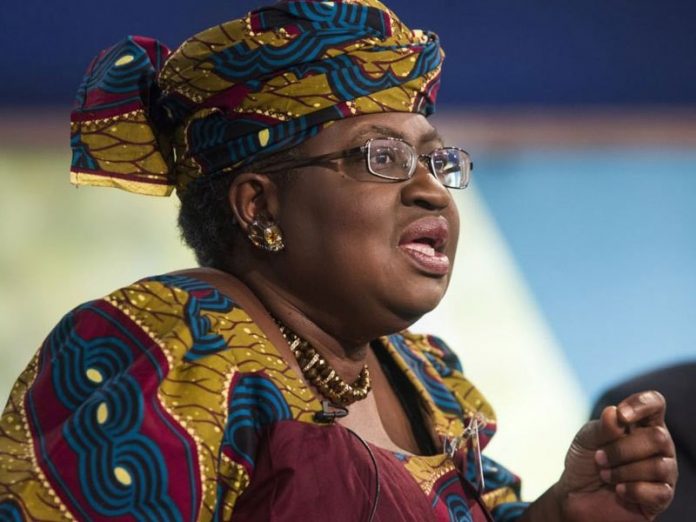The Director-General of the World Trade Organization (WTO), Ngozi Okonjo-Iweala has warned that turning away from open trade will lead to greater price volatility, inflationary pressures and weaker growth prospects.
She spoke at the recent Jackson Hole Economic Policy Symposium hosted by the Federal Reserve Bank of Kansas City, United States.
Okonjo-Iweala said predictable trade was a source of disinflationary pressure, reduced volatility, and increased economic resilience, whereas fragmentation of trade into rival blocs “would be very costly.”
“A world that turns its back on open and predictable trade will be one marked by diminished competitive pressures and greater price volatility,” she said.
“It would be a world of weaker growth and development prospects, a slower low-carbon transition, and increased supply vulnerability in the face of unexpected shocks.”
The WTO boss said that sustained inflation had made a comeback across richer nations, with subsequent monetary tightening exacerbating debt distress and financial instability for dozens of developing economies.
She said some policymakers had looked at the shocks, alongside rising geopolitical tensions, and concluded that globalisation needed to be rolled back.
She said WTO economists estimated that if the world economy decouples into two self-contained trading blocs that would lower the long-run level of real global gross domestic product (GDP) by at least five percent, with some developing economies facing double-digit welfare losses.
“Despite all the tensions and scepticism around trade, overall trade costs for agricultural products, manufactured goods, and services have fallen by 12 percent over the past twenty years,” Okonjo-Iweala said.
“In other words, despite some higher policy costs like tit-for-tat tariffs among major trading nations and rising non-tariff barriers, trading goods and services across borders has in aggregate become cheaper, once we account for improvements in transport, communications, regulatory, transaction, and information-related costs, alongside governance factors.
“This is significant because trade cost reductions have historically been a major driver of trade growth.”
Okonjo-Iweala said there is a need to bring more countries into globalised production networks.
“This process, what we at the WTO are calling ‘re-globalisation’, offers potential to boost productivity, growth, development, and long-term price stability,” she added.


